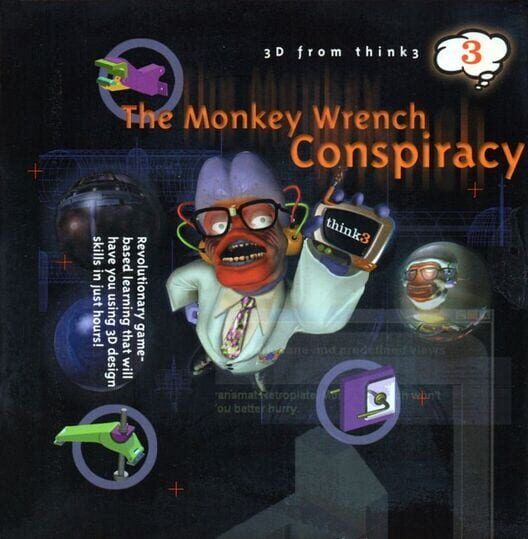The Evil Dr. Monkey Wrench
I absolutely loved reading about digital natives vs. digital immigrants. As I was reading, I was immediately reminded of the embarrassing number of hours I spent in front of a computer screen, starting around the ninth grade. I am, undoubtedly, a digital native. However, I relate to some of the examples of digital immigrant behavior - I love nothing more than writing lists and making notes on pen and paper. I have always disliked online note-taking software and avoid them like the plague. I mean...guys. I still take a hand-written grocery list to the store. That said, I think I must be a digital immigrant sympathizer (I just coined that). I know it can be easy to feel frustrated by professors or bosses who seem outdated, but I guess patience is the key. I liked that all of this was written in terms of language. You come off like a super uncool (the bad kind of uncool) person when you're impatient/frustrated with individuals who struggle to speak your language. The same kind of logic can and should be applied to interaction between digital natives and immigrants.
Also, has anyone played the game mentioned in the article? I had never heard of it but I bet being on the team of people who created that was an incredible experience. These are the types of stories that have me feeling so excited to dive into the world of instructional design.
 I just pulled this image from igdb.com
I just pulled this image from igdb.com
I like your coined term! I did my post-bachelor certificate in English Language Learners and was uncomfortable with some of the assumptions used by Prensky. I agree with you in terms of applying how we would navigate a conversation with an individual who is learning your language as a second language, to someone who is learning tools and technologies. If we are applying strategies, patience and empathy are great tools that need to be used when we are working with "digital immigrants." In second language learning, explicit instructions are essential and teaching the "unspoken curriculum" (cultural protocols like raising your hand to speak or making eye contact" that is often associated with a new language is important. Thinking about social media and web 2.0, someone who is unfamiliar with the platform, let's say instagram, has to first learn the mechanics of how to post, like, tag, follow. But they also need to learn the "unspoken curriculum" of Instagram, for example, instagram is a photo sharing platform, so descriptions should be short and sweet, hashtags get followers (but need to be relevant to what you are posting), adding 15 photos to one post is too much. No one says you can't do those things, but there are certain unspoken protocols for each tool. On another note, I too was curious about the game that trained employees effectively. I watched a video on the intro to see what it was about (may be helpful): https://www.youtube.com/watch?v=dsD9BSW_-B4
ReplyDelete